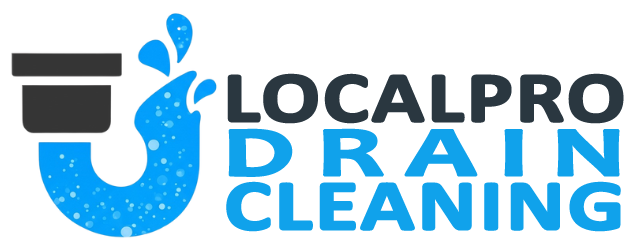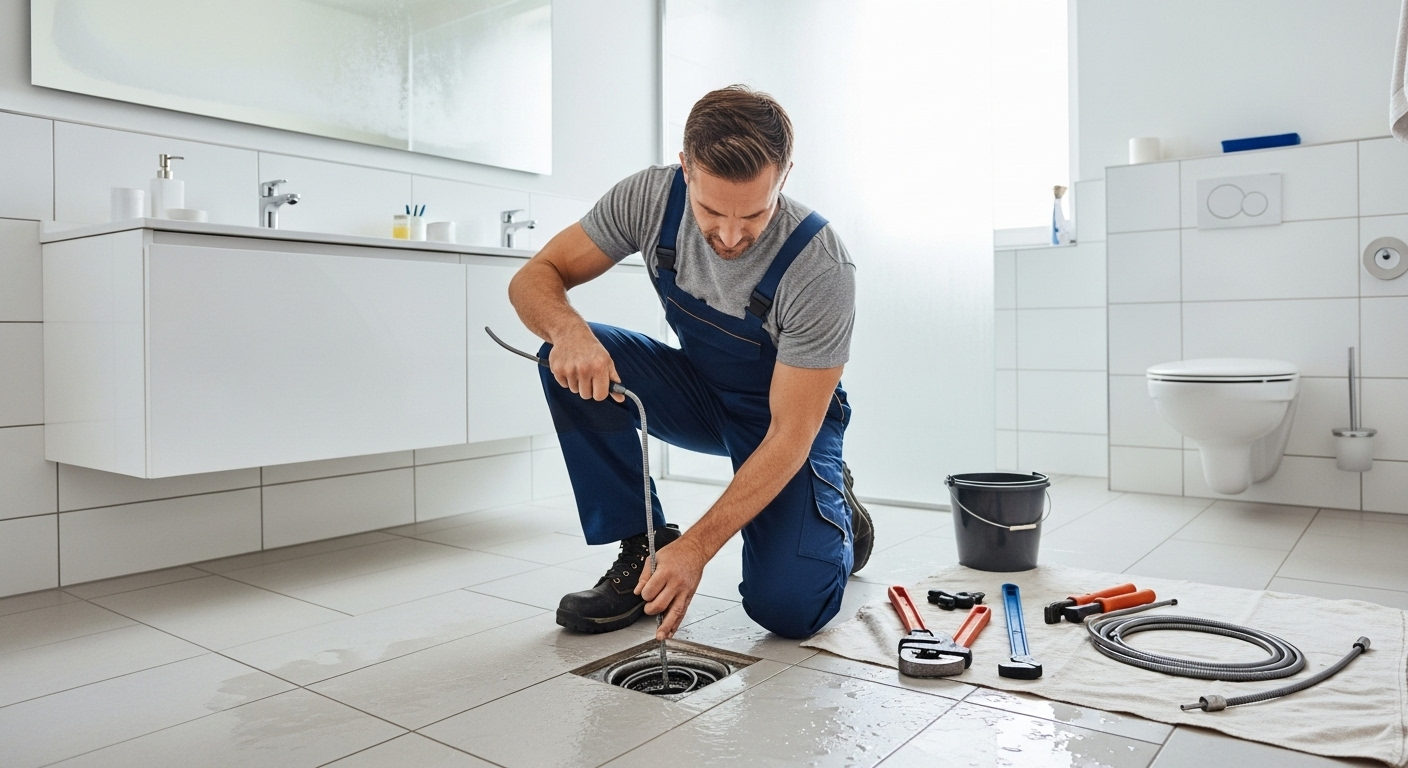Clogged drains are one of the most common and frustrating household plumbing issues. Whether it’s a slow-draining sink, a backed-up shower, or a smelly kitchen drain, these problems can disrupt daily life and lead to expensive repairs if ignored. The good news? Most clogs are completely preventable with a little know-how and regular maintenance.
In this guide, we’ll walk you through 10 proven tips to prevent clogged drains at home, helping you save time, money, and headaches.
Use Drain Strainers in Sinks and Showers
One of the simplest ways to stop clogs before they start is by using drain strainers or drain guards. These inexpensive mesh or plastic covers sit over your drains to catch hair, food particles, soap chunks, and other debris that often cause blockages.
- In the kitchen, a strainer will catch food scraps and prevent them from going down the garbage disposal.
- In the bathroom, it helps trap hair and soap scum before it can accumulate in the pipes.
Pro Tip: Clean your strainers daily or at least weekly to keep water flowing smoothly.
Dispose of Grease the Right Way
Pouring cooking grease, oil, or fat down the kitchen sink is a major cause of drain clogs. While the grease might go down as a liquid, it cools and solidifies in your pipes, trapping food and creating stubborn blockages.
Instead, pour used grease into a disposable container (like an empty can or jar), let it harden, and throw it in the trash. Wipe greasy pans with a paper towel before rinsing them in the sink.
Flush Drains with Hot Water Weekly
Regularly flushing your kitchen and bathroom drains with hot water can help dissolve soap, grease, and small bits of debris that collect in the pipes.
- Run hot water (not boiling) for 30-60 seconds once a week.
- For deeper cleaning, pour 1/2 cup of baking soda down the drain, followed by 1 cup of vinegar. Let it fizz for 10–15 minutes, then flush with hot water.
This gentle, natural remedy is safe for your pipes and effective for maintenance.
Be Mindful of What Goes Down the Toilet
Toilets are made for two things: human waste and toilet paper. Flushing anything else can clog your plumbing and potentially damage your sewer line.
Never flush:
- Baby wipes (even if labeled “flushable”)
- Feminine hygiene products
- Paper towels
- Cotton balls or swabs
- Dental floss
- Cat litter
Keep a trash bin near the toilet for all non-flushable items.
Brush Hair Before Showering
Hair is one of the biggest culprits behind clogged shower and bathroom sink drains. To reduce the amount of loose hair that ends up in your pipes, brush your hair before you shower or bathe. This simple habit can significantly cut down on hair buildup.
Also, consider installing a hair catcher or drain screen in your tub or shower for added protection.
Clean Your Stoppers and Drain Covers Regularly
Hair, soap, toothpaste, and other residue often accumulate around sink and tub stoppers. Over time, this gunk can restrict water flow and cause slow draining or even full clogs.
Every few weeks:
- Remove the stopper or drain cover.
- Rinse it thoroughly and scrub away any grime.
- Use a drain brush or bent wire hanger to remove visible gunk inside the drain.
This basic routine can help prevent larger blockages from forming.
Limit Garbage Disposal Use
Your garbage disposal can handle small food scraps, but it’s not a substitute for the trash can. Overloading it or grinding up the wrong items can lead to clogs and mechanical failure.
Avoid putting these in the disposal:
- Fibrous vegetables (celery, onion skins, corn husks)
- Eggshells
- Pasta and rice (they expand with water)
- Coffee grounds
- Bones or fruit pits
Always run cold water while using the disposal and for 10–20 seconds afterward to help flush the waste through the pipes.
Install a Lint Catcher on Your Washing Machine Hose
When your washing machine drains, lint from your clothes goes down with the water—and that lint can accumulate in your plumbing. Over time, it contributes to blockages, especially in older pipes.
A lint catcher is a simple mesh trap that fits over the end of your washing machine’s drain hose. It catches lint before it enters your drainage system. Replace it regularly, especially if you do laundry often.
Schedule Preventive Drain Cleaning
Even with great habits, gunk can still build up in your pipes over time. If you want to keep your plumbing in peak condition, consider scheduling professional drain cleaning every 1–2 years. Plumbers use tools like drain snakes and hydro jetting to clear buildup deep in your pipes and prevent major clogs from forming.
Professional cleaning is especially valuable if:
- Your drains often run slow.
- You smell unpleasant odors from the sink or tub.
- You live in an older home with older plumbing.
Pay Attention to Early Warning Signs
Most major drain problems start with small signs. If you catch them early, you can often fix the issue before it becomes a serious clog.
Watch for:
- Water draining slower than usual
- Gurgling sounds from drains
- Frequent need for plunging
- Foul odors coming from sinks or showers
Don’t wait for a complete blockage – address the issue as soon as you notice the warning signs.
Clogged drains are inconvenient, messy, and sometimes expensive. But with a few simple habits and a little routine maintenance, you can avoid the hassle entirely. From using drain screens and proper grease disposal to scheduling professional cleanings, these 10 proven tips will help you keep your drains flowing freely and your plumbing system in excellent shape.
Remember: prevention is always cheaper and easier than emergency plumbing repairs. With the right care, your home’s drains will stay clear, clean, and worry-free for years to come.

